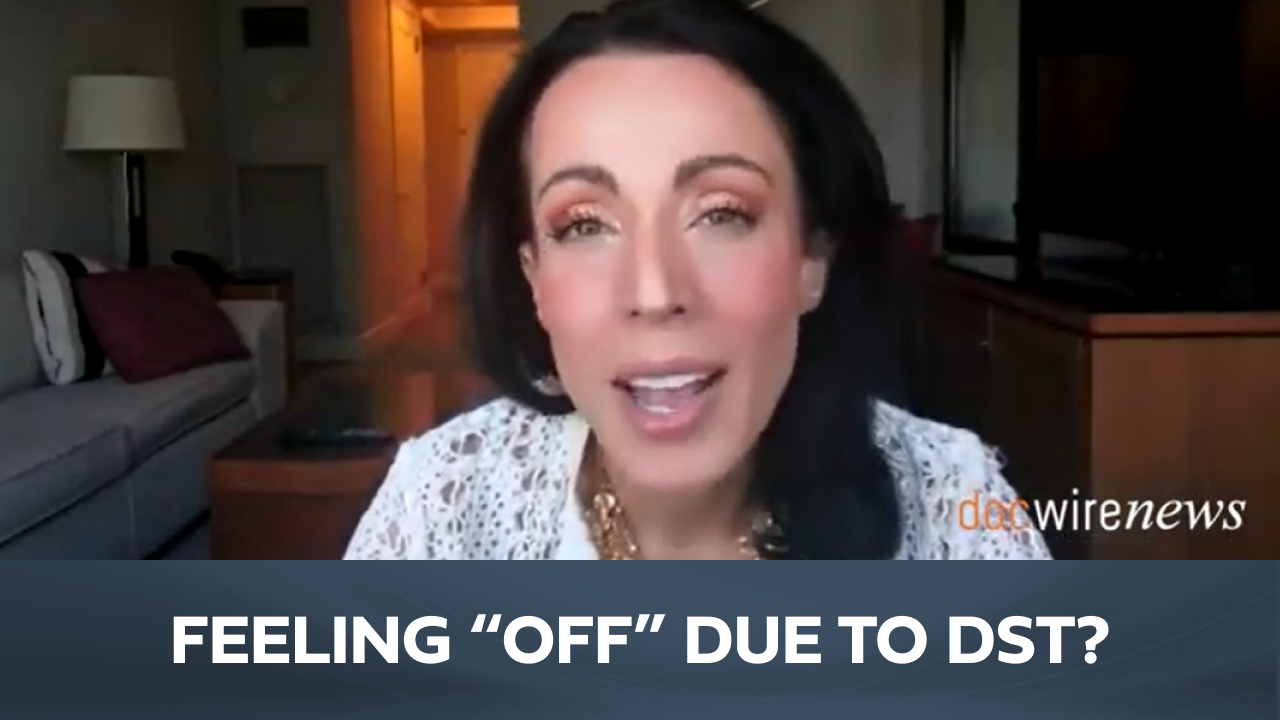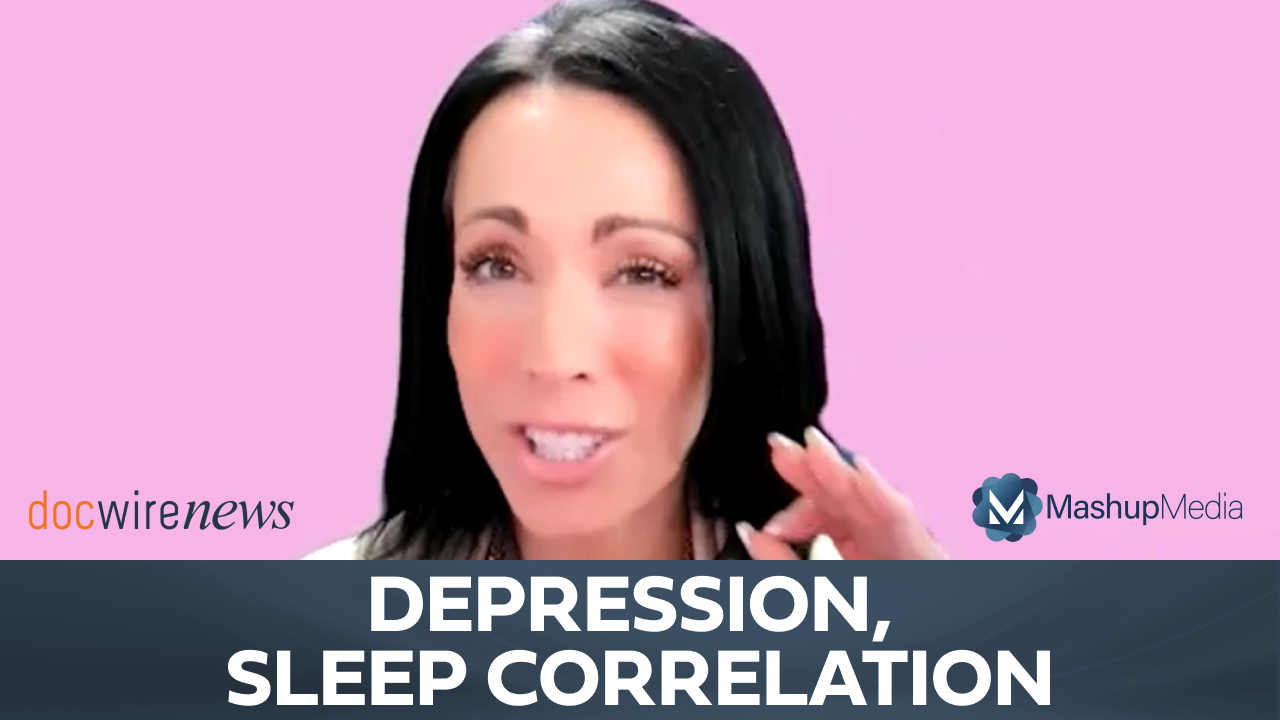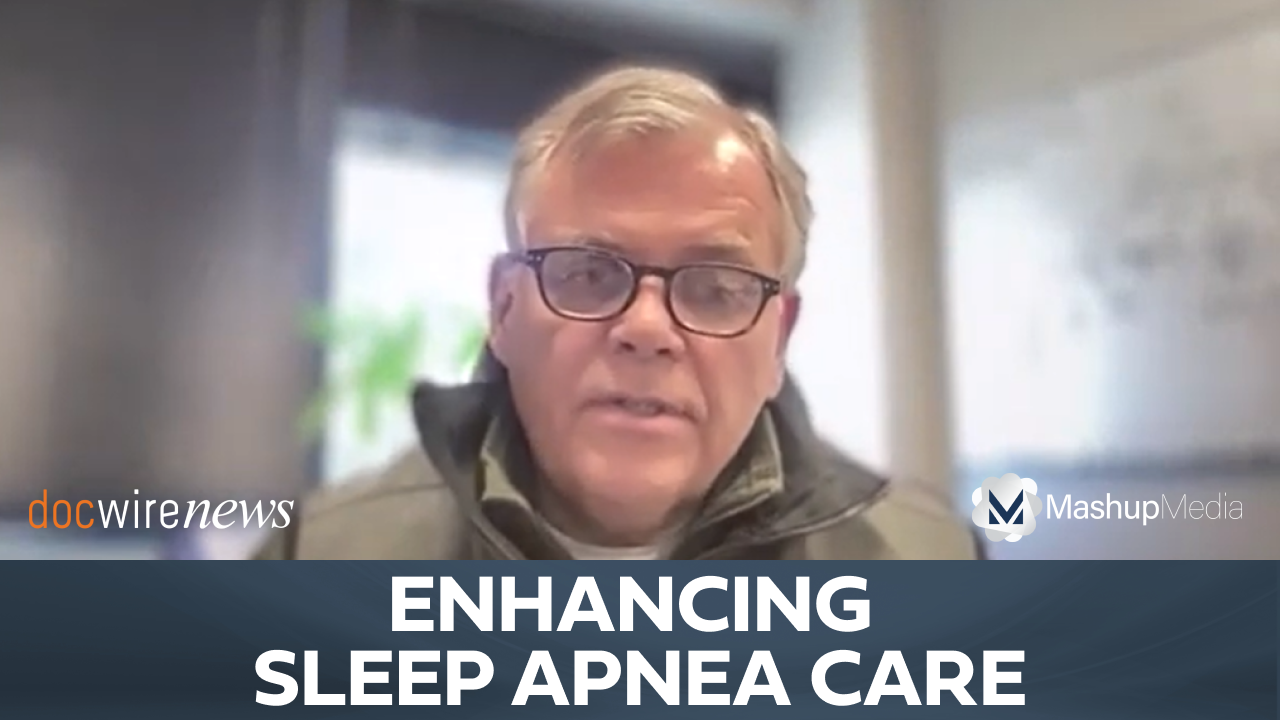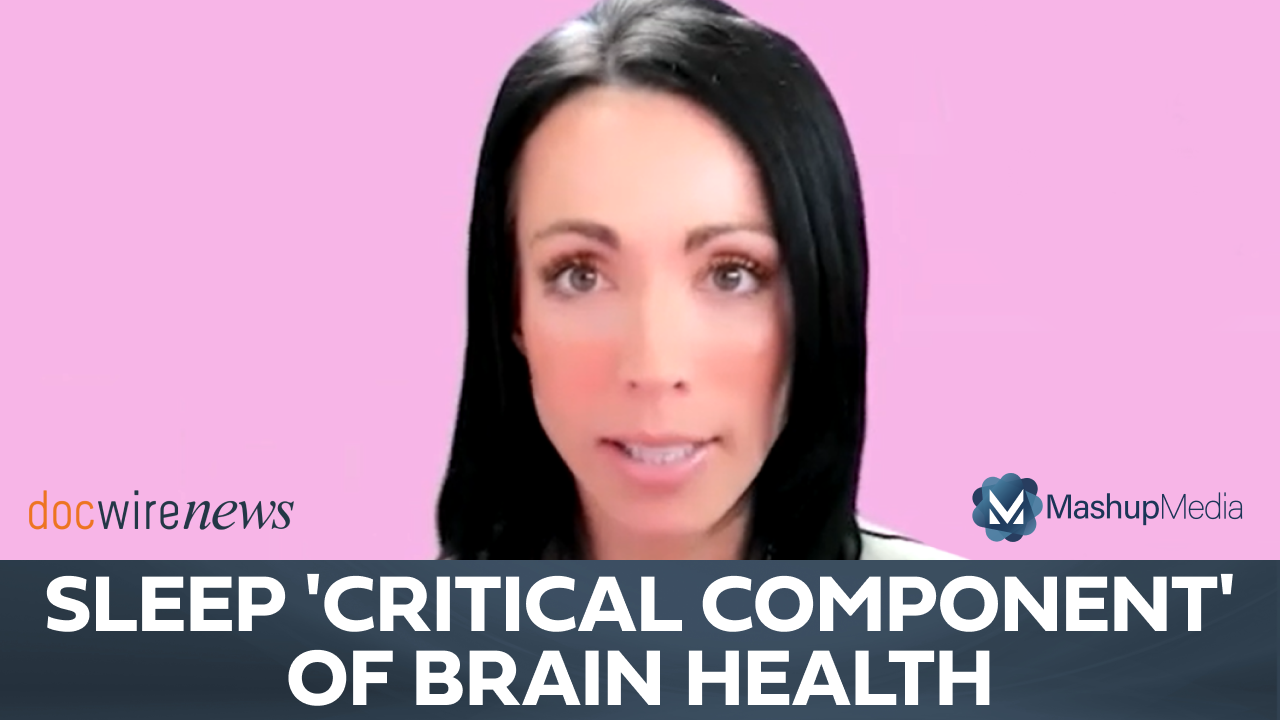Dr. Anne Marie Morse on How Sleep Disorders Impact Relationships
By Anne Marie Morse, DO, Rob Dillard - Last Updated: July 9, 2024Sleep disorders have a profound impact on all aspects of life, including relationships. Renowned neurologist and sleep expert Dr. Anne Marie Morse details how having a sleep disorder can impact a person’s love life and even sexual performance. Dr. Morse also discusses the negative impact that lack of sleep can have on physicians as they navigate treating patients and interacting with colleagues. Learn why maintaining a healthy sleep cycle is critical to maintaining a healthy relationship with your partners, friends, and co-workers.
What impact do sleep disorders have on personal relationships?
It is very much underestimated that sleep and the maintenance of optimal sleep is critical, absolutely critical, to a healthy relationship. In fact, last year, the American Academy of Sleep Medicine did a survey asking different people from different age categories this question: “What is the likelihood of you having a sleep divorce? Or are you purposely sleeping separately from your bed partner?” What we found is that with some of our younger generations, especially in my generation, the millennials, we are actually utilizing the strategy a little bit too frequently. This may explain why the statistics for divorce in the United States are about 50%. When we’re not sleeping together, we’re removing the opportunity for there to be any intimacy or romance. Now, it doesn’t stop there. It’s not just removing the opportunity, but when someone has a sleep disorder, it actually has a negative biologic impact on not only your sexual drive but your sexual function.
If you have a sleep disorder, you are risking your sex life. I don’t think that is a consequence anyone really wants to make their bets on. When you’re looking at something like obstructive sleep apnea (OSA), for instance, if we were to start with a diagnosis of OSA in men and say that you have moderate to severe OSA, what we’ve identified through different studies is that there is evidence of up to 96% having some degree of erectile dysfunction. Why would that occur? When you’re thinking about the etiology of erectile dysfunction, you are talking about something that’s the equivalent of coronary artery disease in the penis. The concerns that are driving the role of OSA as an independent risk factor for stroke and myocardial infarction are the same concerns for erectile dysfunction.
You don’t want to have a stroke in your penis. In order to be able to maintain a healthy sex life, you want to make sure that you are optimizing any features of sleep disorder breathing. However, it’s not just OSA. I know we talk about it all the time. It has stolen the show for quite a while. We’re also seeing sexual dysfunction, either the reduction of testosterone or even just a lack of desire, in other sleep disorders. When we’re talking about any condition that is contributing to excessive daytime sleepiness, very frequently that person is more interested in snoozing than they are in schmoozing. They’re losing out on those opportunities for some of the things that are intensely important in a romantic relationship. It is incredibly important for us to think about this as an opportunity to be able to educate all of our partners in medicine.
As a sleep doctor, I can guarantee that it is unlikely that you’ve asked about sexual function in your patients. You know why I can guarantee that? Because there have actually been studies about it. In fact, last year, Tom Scanlon and his group out of Harvard published a study on individuals who have narcolepsy, had asked about sexual dysfunction, had found that it was highly prevalent, and then when asked, “Does your doctor ask about these problems?” About 90% said, “Nope, no one’s asking.” It’s quite interesting that we focus so much on what’s going on between the sheets, but not actually what’s going on between the sheets, so we really do need to start making sure that we’re providing education not only to our patients, but also to our other partners, such as our primary care or neurology partners, to make sure that they’re helping us bridge the gap of what they may be experiencing in wakefulness and how sleep may be contributing as a culprit or a solution to those needs.
What impact can sleep disorders have on the relationship between physicians and their colleagues and patients? Are physicians more or less likely to seek help for sleep disorders?
What’s interesting is, as physicians, we recognize that we wear sleep deprivation as a badge of honor. It’s not uncommon in residency or once we become attendings to almost have a bragging right around how much work we’ve done on so little sleep. But the part that we frequently neglect to endorse is the number of times we’ve either made medical errors or were completely emotionally erratic because of the fact that we were sleep deprived. The reality is that when sleep is studied in medicine, we find that it causes absolutely no benefit whatsoever, only harm. Best case scenario, there may be some neutrality, but it is never giving us a competitive edge. The reality is, as physicians, we’re not immune to the negative effects of sleep deprivation or sleep disorders. Sleep deprivation is going to be one of the leading things that we’re looking at, especially when you’re looking at the most recent Gallup polls in the United States, which demonstrate that more than 60% of US adults endorse not getting the right number of hours of sleep.
The more highly competitive someone’s work function is, the more likely it may be for them to be curtailing their sleep “to try to get more done in the day.” However, what we find is that it actually reduces your efficiency, and many times it’s leading to increased mistakes and longer time to actually complete tasks. Why? Because no one really wants to be around you when you’re so irritable because of that sleep deprivation. It makes it more likely for you to be reactive even to the things that usually would roll right off your back. When looking at sleep medicine, why is it that we continue to perpetuate this badge of honor?
Well, it may be because of the fact that there’s a lack of knowledge around the role of sleep and its overall benefits to health, wellness, and performance. When you look at the average time spent in medical school on sleep education, unfortunately it’s still only about 2 to 4 hours in 4 years. When you look at the average residency program, there generally is elective time, but there is no mandatory education. When you look at studies, they’re saying, “Hey, in our neurology residency, 75% have a mandatory rotation.” Most typically, you’re finding that it’s not with a neurology provider. It’s usually 2 weeks of time, and many times it’s extraordinarily limited exposure and generally with a focus on only sleep disorder breathing.
We need to prioritize sleep as a tool in order to be the best professional forms of ourselves. When we are having a chronic sleep issue, it is going to make us less likely to be flexible and less able to figure out how to maneuver and tackle complex needs. Our patients and the people we serve are not coming in with multiple-choice responses on their foreheads like we’ve been primed to think from medical school. It is a matter of being able to create a relationship, communicate adequately to get an accurate history, and then think through the appropriate differentials to create a tailored game plan for what that patient requires. When we are short on sleep or having problematic sleep, it is going to grossly impair our executive function, making us more likely to be impulsive and jump on some of the distractors, be dismissive, not necessarily recognize the complexity, and even incur medical errors by prescribing medications that maybe sound alike but aren’t alike.
It is really important for us to make sure that we’re utilizing sleep as a tool and doing our own self-inventories to say, “Am I getting the right duration, quality, timing, and regularity of sleep? What does my wakefulness look like? Do I notice that I’m actually reaching for more caffeinated beverages? Do I feel like I need to take naps on a regular basis? Am I finding that I’m being quite short with other people, fighting with either significant others, my kids, or maybe some of my colleagues?” These may be signs and symptoms that there’s an opportunity to utilize sleep in a way that actually will make you not only more productive, working smarter, not harder, but also getting you back to the point where you’re actually enjoying your professional life again.
We’re seeing rates of burnout that are exceeding our ability to recruit new talent. When more than 60% of people in the United States aren’t getting the right duration of sleep, it is not by accident. It is by design. Utilizing sleep as a tool to help us achieve the wellness we need in that work-life balance is definitely a necessity.







 © 2025 Mashup Media, LLC, a Formedics Property. All Rights Reserved.
© 2025 Mashup Media, LLC, a Formedics Property. All Rights Reserved.